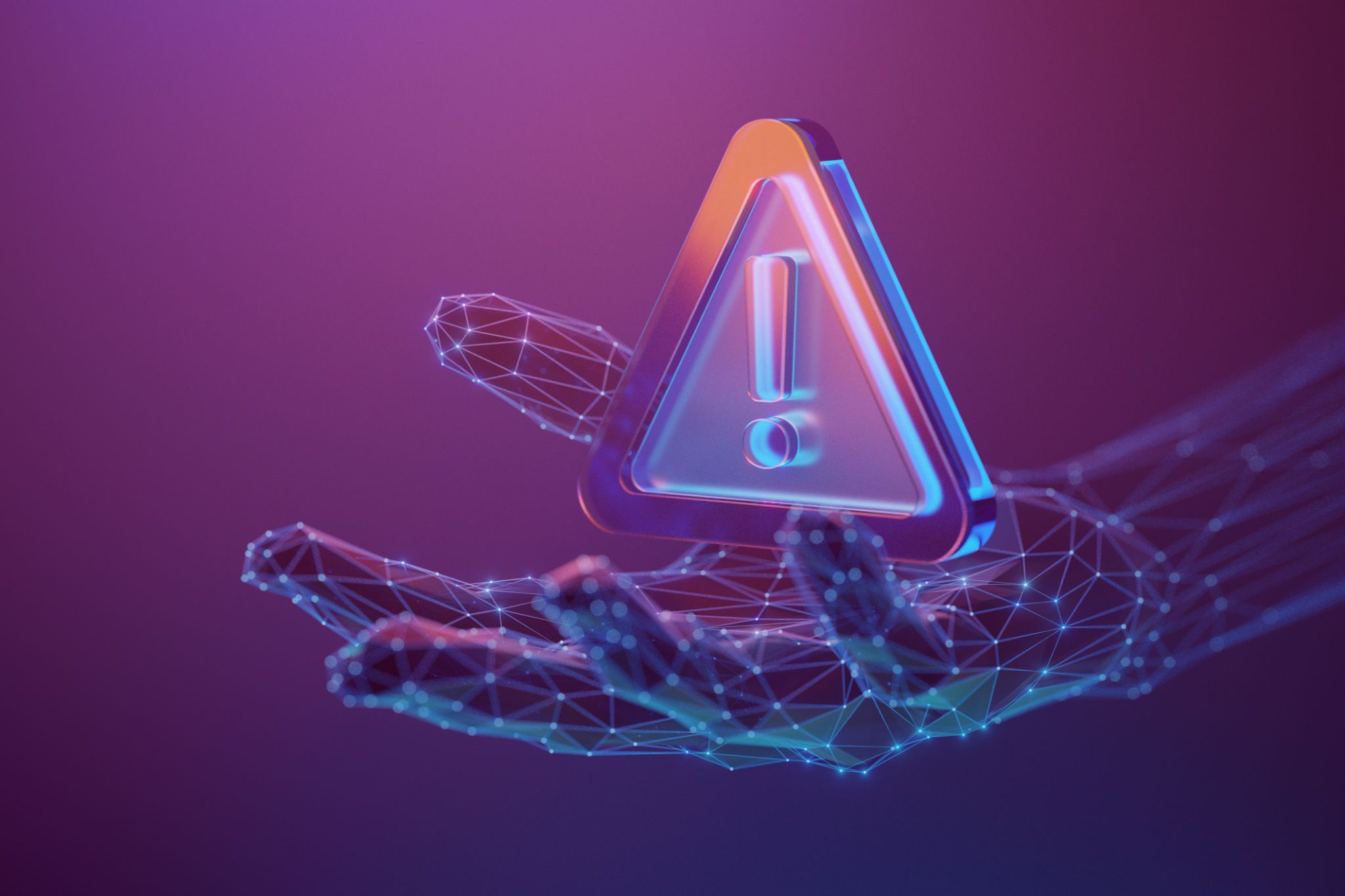Debunking Myths About AI Task Automation
Introduction to AI Task Automation
Artificial Intelligence (AI) has rapidly become an integral part of various industries, transforming the way businesses operate. One of the most significant applications of AI is task automation. However, despite its widespread adoption, there are still many myths surrounding AI task automation that create confusion and misapprehensions.
Myth 1: AI Will Replace All Human Jobs
One of the most common myths about AI task automation is that it will lead to massive job losses, replacing human workers entirely. While AI can automate repetitive and mundane tasks, it is not designed to replace human creativity, emotional intelligence, and strategic thinking. Instead, AI serves as a tool to augment human capabilities, allowing people to focus on more complex and meaningful work.

Myth 2: AI Automation is Only for Large Enterprises
Another misconception is that only large corporations can benefit from AI task automation. In reality, small and medium-sized businesses can also leverage AI technologies to streamline operations, reduce costs, and enhance productivity. Many AI solutions are scalable and customizable, making them accessible to businesses of all sizes.
Myth 3: AI Systems are Infallible
Some believe that AI systems are perfect and free from errors. However, like any technology, AI is not immune to mistakes. The accuracy of AI systems depends on the quality of data they are trained on and the algorithms used. It's essential for businesses to continuously monitor and update their AI systems to ensure optimal performance.

Myth 4: Implementing AI is Extremely Complicated
While implementing AI solutions can seem daunting, especially for businesses with limited technical expertise, it doesn't have to be overly complicated. Many service providers offer user-friendly AI tools that require minimal technical knowledge. Additionally, partnering with AI experts can help navigate the complexities of implementation.
Myth 5: AI Automation Lacks Flexibility
There's a perception that AI automation is rigid and unable to adapt to changing business needs. Contrary to this belief, modern AI systems are designed to be flexible and adaptive. They can learn from new data inputs and be reconfigured to meet evolving requirements.

The Future of AI Task Automation
As technology continues to advance, the role of AI in task automation will only grow. It is crucial for businesses to understand the realities of AI capabilities and limitations. By debunking myths and embracing the true potential of AI, organizations can harness its power to drive innovation and growth.
In conclusion, while myths about AI task automation persist, the reality is that AI serves as a valuable ally in enhancing human work rather than replacing it. By leveraging accurate information and embracing AI's potential, businesses can unlock new opportunities for efficiency and success.